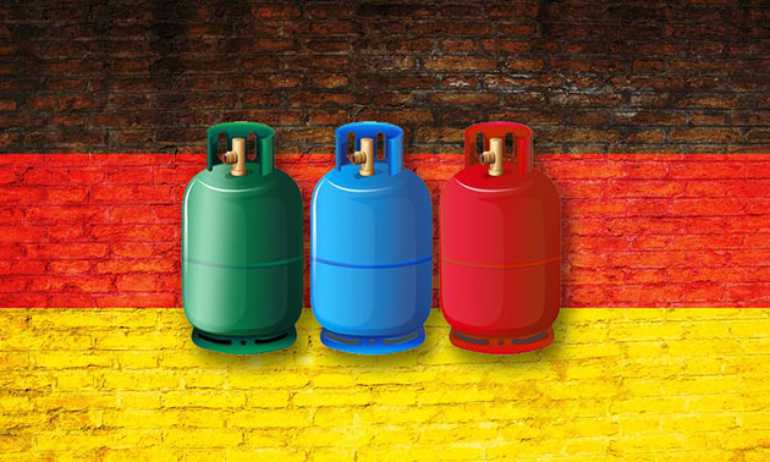
GERMANY: The German air conditioning and refrigeration industry has questioned new government proposals to combat the illegal trade in F-gases, at a time when current legislation is not being enforced.
The Federal Ministry for the Environment, Nature Conservation and Nuclear Safety (BMU) has presented an amendment to Germany’s Chemicals Act which would introduce additional requirements to track refrigerants along the supply and use chain. This would make it mandatory for every purchase and sale of refrigerants to be documented and declared.
The Federal Association of German Refrigeration Plant Builders (BIV), the Association of German Refrigeration and Air Conditioning Specialists (VDKF) and the Central Association of Cold and Air Conditioning Heat Pumps (ZVKKW) argue that, in addition to being impractical, this would create considerable additional bureaucracy at a time when the authorities are struggling to implement the current F-gas regulations.
The groups also insist that the new legislation risks impacting the competitiveness of German manufacturers and are concerned that it creates the possibility of generally banning F-gases nationally or restricting them beyond the F-gas ordinance.
Bureaucratic burden
The requirement for refrigeration and air conditioning companies to provide customers with written or electronic evidence of the origin of the refrigerant will significantly increase bureaucracy, especially for smaller companies who, it is argued, already over-burdened with administrative procedures and regulations.
The groups are also concerned that the draft law does not make it clear how the refrigerant cylinder can be clearly identified in relation to the declaration.
The identification numbers on the refrigerant cylinders are not linked to the invoice or delivery notes and only the owner of the cylinder can be clearly identified by the embossing, they argue.
“This means that the bottle must be traced back to the wholesalers via the delivery or invoice document in their merchandise management system. It is not clear how the current content of the bottle can be traced back with the quota and the year in which the original quota holder first placed the refrigerant on the EU market,” the groups say in a response to the BMU.
Enforcement
While they recognise that the planned procedures are intended to enable the authorities to better track the supply and use chains in the future, current regulations requiring refrigerant purchasers to possess the necessary F-gas certification are not being enforced.
“There is – as before – a lively online trade in refrigerants, without the specialist knowledge of the trading partners being checked,” they argue. “The same applies to the sale of pre-filled split devices to private end users. As a rule, there is no check as to whether the installation was actually carried out by a certified company.
“If the trade supervisory and control authorities already seem overwhelmed with the enforcement of the existing regulations, then there is little reason to hope that this will change with regard to the enforcement and sanctioning of the now proposed obligation to provide evidence.”
Related stories:
German law will combat illegal F-gas trade – 17 June 2020
GERMANY: The German environment ministry has issued a draft law which seeks to disrupt the illegal trade in HFC refrigerants by ensuring compliance throughout the supply chain. Read more…
The post German industry rejects F-gas proposals appeared first on Cooling Post.
source https://www.coolingpost.com/world-news/german-industry-rejects-f-gas-proposals/
No comments:
Post a Comment